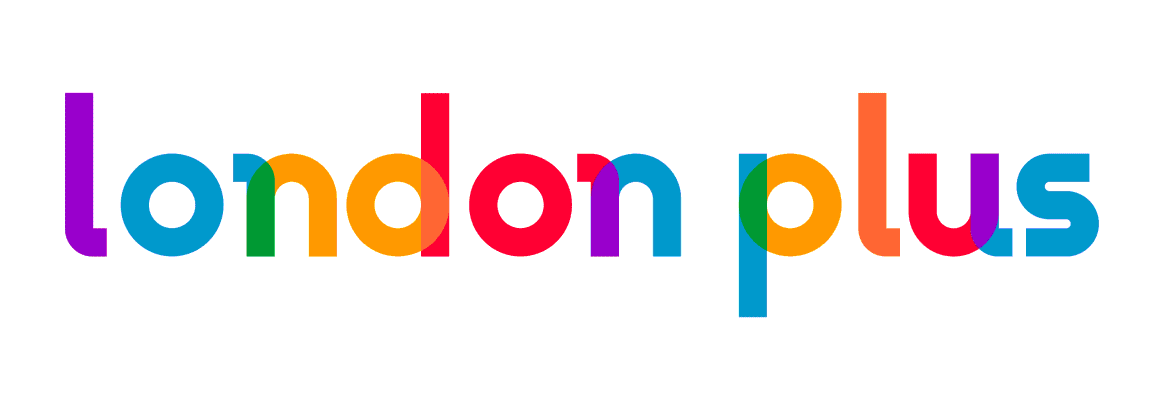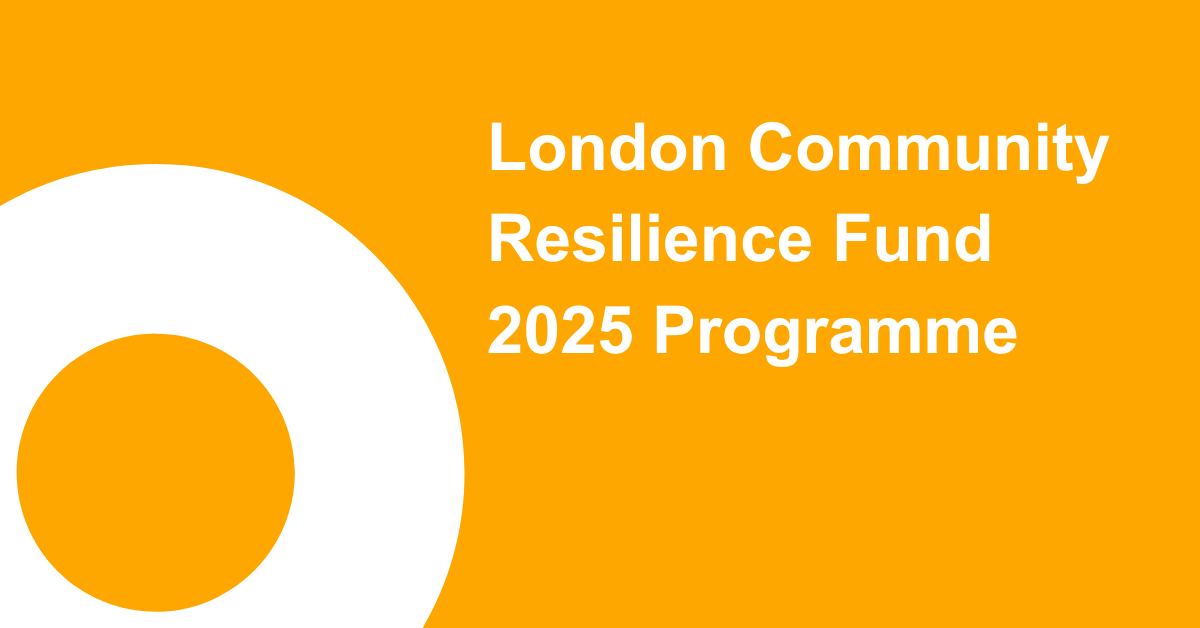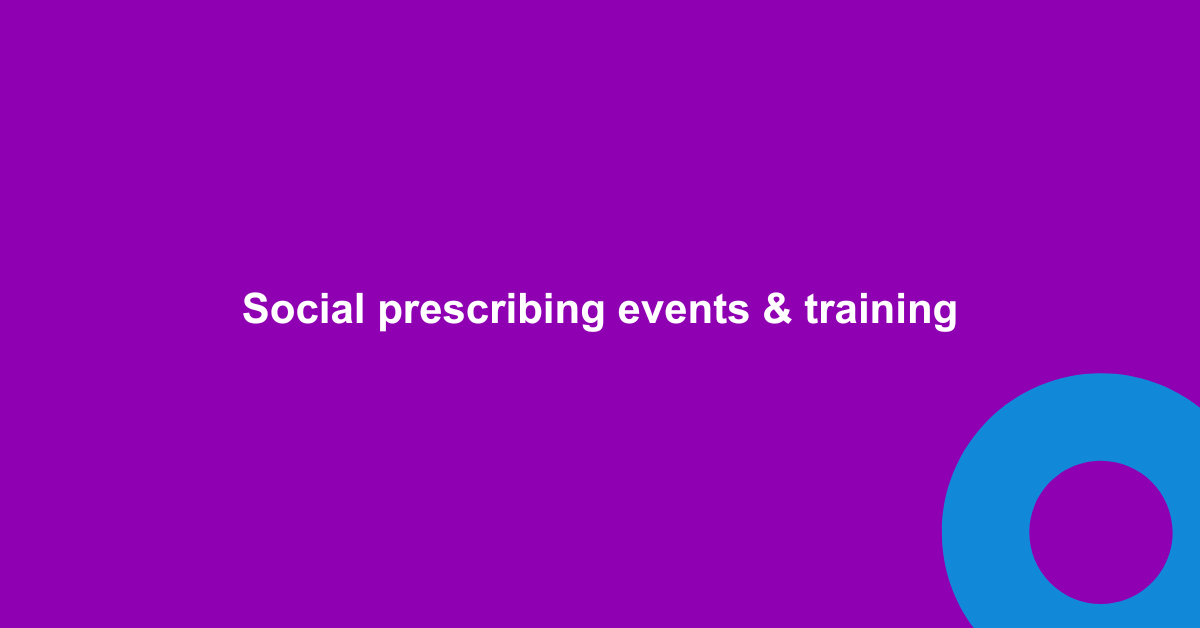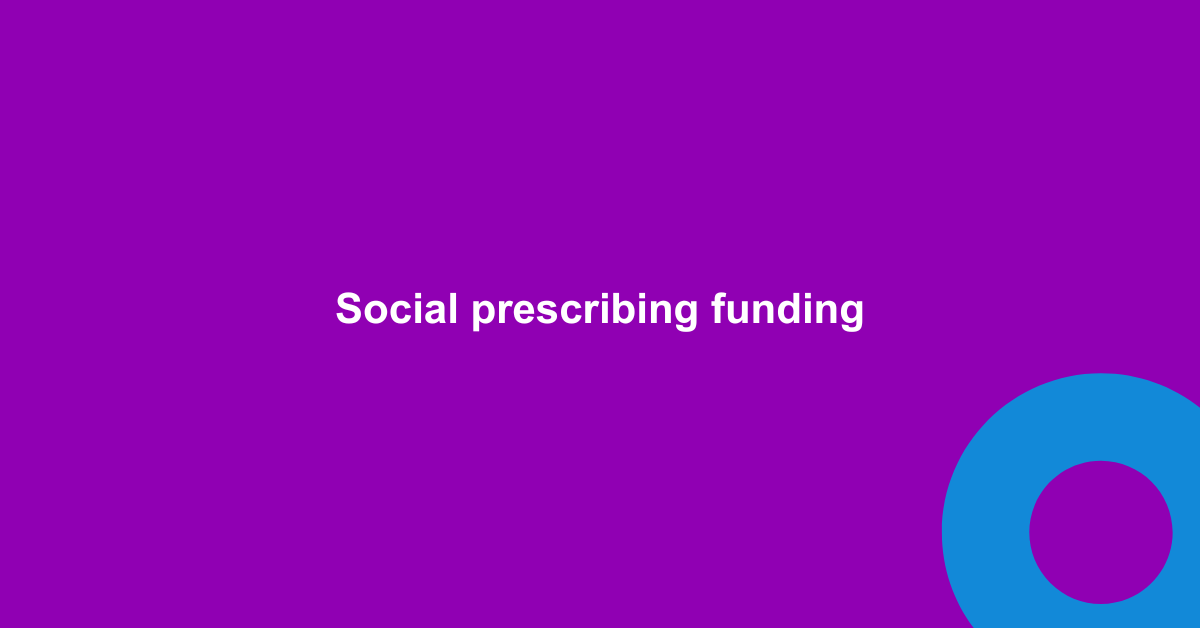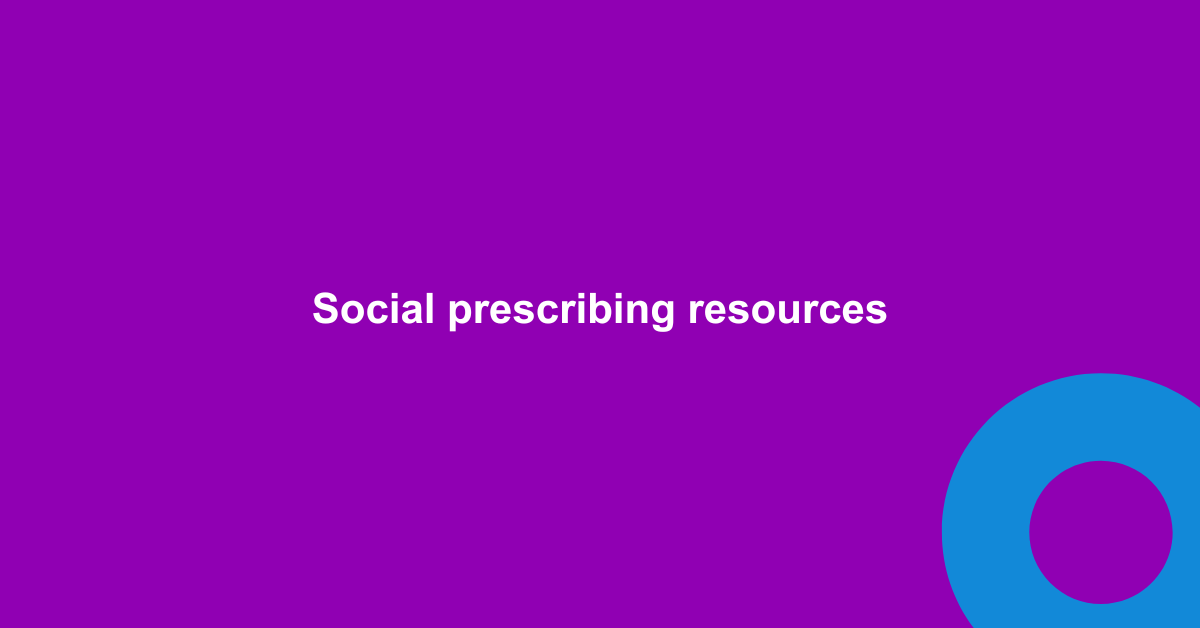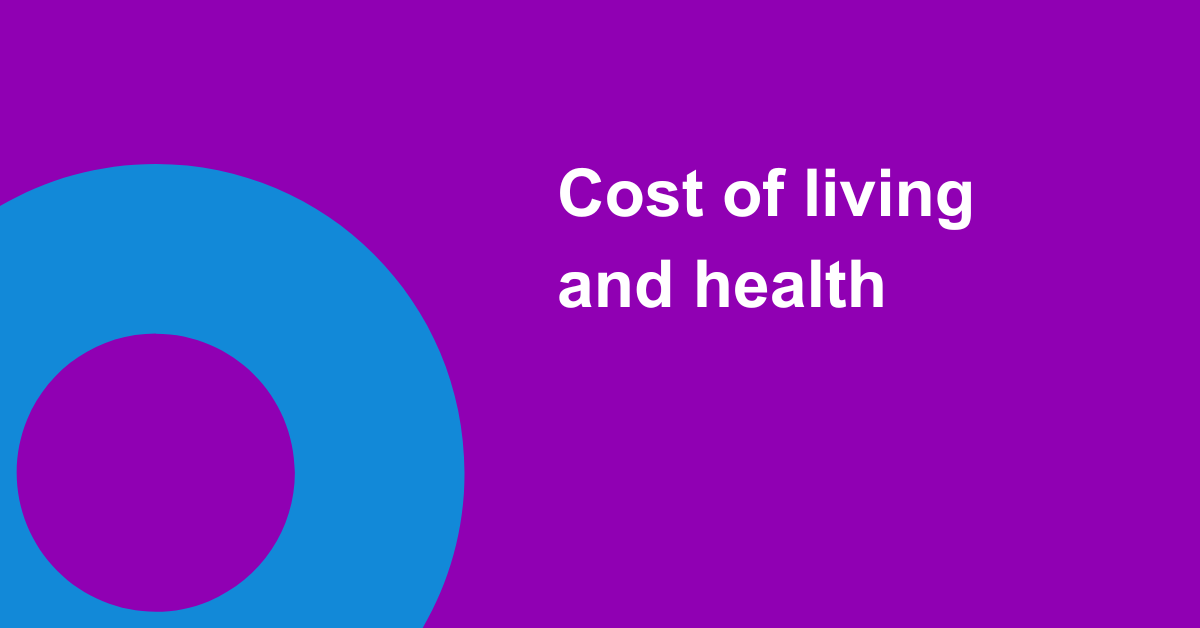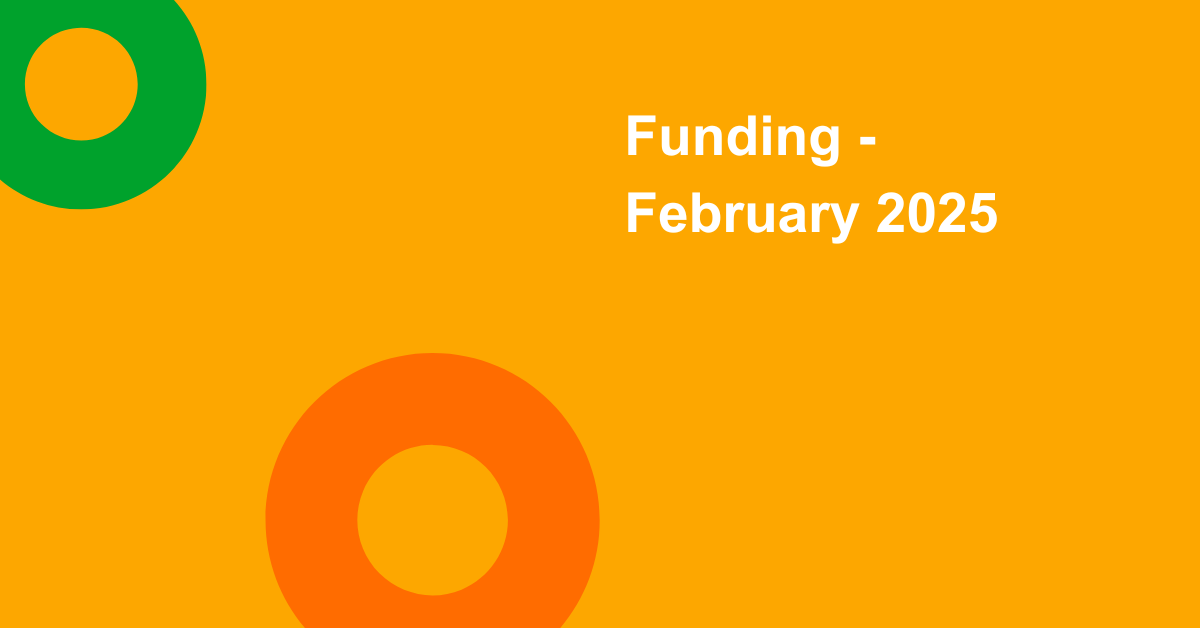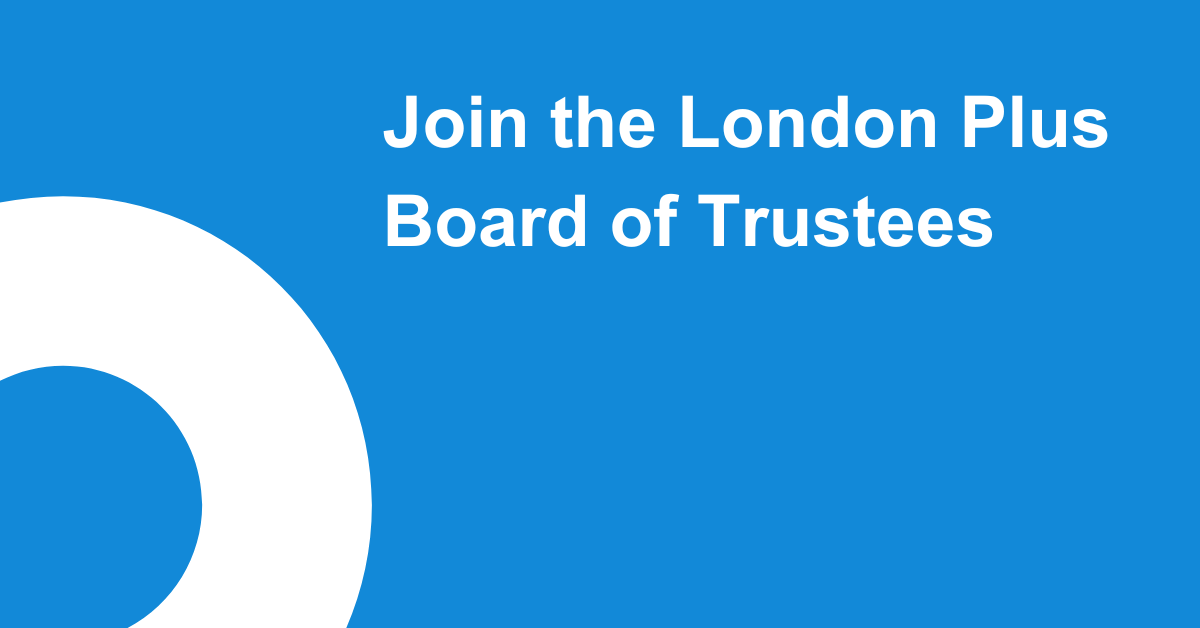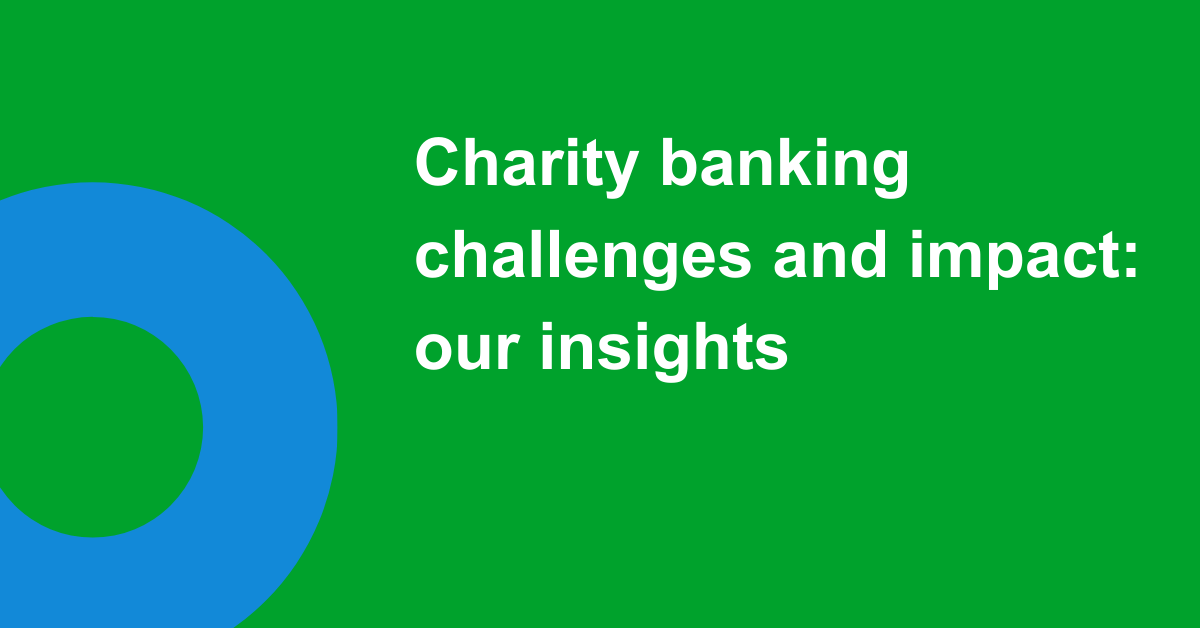There’s something very unique going on in Hackney’s GP surgeries.
Volunteer Centre Hackney have set up a service called ‘Together Better‘. Patients will volunteer and run activities within surgeries across the borough, turning them into something resembling hybrid community centres.
We talked to two people involved in the initiative: Lauren Tobias (Volunteer Centre Hackney CEO) and Claire Ferrigi (Community Development Manager). It’s an interesting, effective take on volunteering that is worth sharing London-wide, especially with those working in social prescribing.
What is ‘Together Better’?
The principal idea is to supports local communities to improve their wellbeing and reduce the demands on health services. Opportunities for patients include working for the surgeries themselves, or developing peer-led activities such as yoga, painting, and anything else that relates to health and wellbeing.
This is similar to another project run by Hackney Volunteer Centre called Our Place, which allows local residents to identify and utilize their own skills to share with the community. Like Together Better, this has developed into a largely peer-led programme.
Background
Involving volunteers features in the NHS Long Term Plan, and the NHS wants to develop volunteering initiatives that benefit patients, staff, and the volunteers themselves. Hackney’s Integrated Care Board approached Volunteer Centre Hackney with a concept that incorporates these ideas. They called this kind of volunteering ‘Primary Care Volunteering’.
Primary Care Volunteering refers to volunteering that takes place within a Primary Care Network, a term used to describe a network of health-related services that work together in a given community.
There are eight Primary Care Networks in Hackney. There is now at least one Primary Care Volunteering initiative (along with two paid staff) in each Primary Care Network. The paid staff set up coffee mornings and walking groups, which gets the ball rolling for patients to create their own activities.
At the time of writing, there are 72 volunteer activities happening every week in GP surgeries across Hackney, with around 500 patients engaged in these activities every month. Also, between April-June 2023, patients spent 4,400 hours taking part in free activities through Together Better. The initiative is a huge success.
A previously-written London Plus blog on collaboration between local authorities and charities talks about this kind of idea. Broadly, that greater collaborative work between sectors often leads to positive outcomes.

Together Better: The Benefits
It’s important to explore the reasons why Together Better is beneficial. Why, for example, did Hackney choose to incorporate volunteering into GP surgeries, rather than the community more broadly?
Reducing the Strain
Firstly, because of this initiative, Hackney has seen a decrease in the number of people booking GP appointments for things they don’t need a doctor for, which reduces the strain on services. Of course, those working in social prescribing are already well aware of this issue, as social prescribing itself also alleviates this problem.
It is common for people to go to the doctor for reasons such as isolation, mild mental health problems, or minor weight gain issues. By having this initiative in place, Hackney’s GP surgeries can now remedy these issues with Together Better and without the direct involvement of doctors, giving them more time for other tasks. Volunteering reduces isolation and boosts mood, while the myriad of activities that patients have chosen to run, including yoga sessions and walks, help improve fitness.
For those that volunteer directly in the surgeries themselves (approximately 80 people per month), they also help to reduce the strain on GP services. Volunteer activities can include watering plants, helping with blood pressure machines, as well as helping other patients access online services. This enables paid staff to focus on other aspects of their work, while the volunteers learn new skills and potentially improve their mental health and decrease isolation.
Kevin Belcher, Practice Manager at Elsdale Street Surgery in Hackney, explains that “Many of the issues presented in the doctor’s room are linked to a person’s sense of belonging and wellbeing [which] can present as physical or mental health events. Together Better also has significant impact on the social isolation of many patients, reducing their attendance to see doctors.”
Reaching Clients
Secondly, having an established list of individuals makes reaching clients far easier. As many people reading this are likely aware, reaching clients and finding potential volunteers can be a real challenge.
How do you find out who needs your services, and what is the best way to reach them?
With Together Better, these tricky questions are already solved. The GP surgeries in which the volunteering takes place have a large number of pre-existing contacts via their patient lists. These contacts are also guaranteed to be part of the local community.
Therefore, some of the barriers to finding people interested in volunteering and running or attending activities are removed. The GP practice sends texts to patients, advertising the various opportunities available, with an impressively consistent return.
Community Development & Anchor Institutions
Thirdly, Together Better is an excellent way to build community. An important aspect of this initiative was to develop GP surgeries that feel like they belong to the people they serve. For many, the surgeries have become far more than just a place to go when they require medical services.
“It’s about building a community,” explained Claire, “the patients feel like it’s their surgery, their community.”
In a way, these GP surgeries have become something analogous to Anchor Institutions. While the term Anchor Institution is generally reserved for larger bodies, the ways in which they become integral to the community is comparable. This report describes Anchor Institutions as “public or social organisations which have a significant stake in a place.”
These institutions not only serve the community but have a genuine impact within it as well.
If the time does come when patients require medical assistance, they are more likely to feel comfortable doing so. For those taking part, the surgeries have become places associated with more than just medicine. Some patients have even developed strong relationships with other members of the community. If a coffee morning at the GP surgery is cancelled, patients will often take it upon themselves to arrange it elsewhere. Some will even go shopping and have dinner together.
“They really have built a support system for themselves and their community through this programme,” said Claire.
Together Better also breaks down barriers between patients and staff, creating an even stronger sense of community. It improves patient-staff relationships and helps staff to understand the importance of patient empowerment.
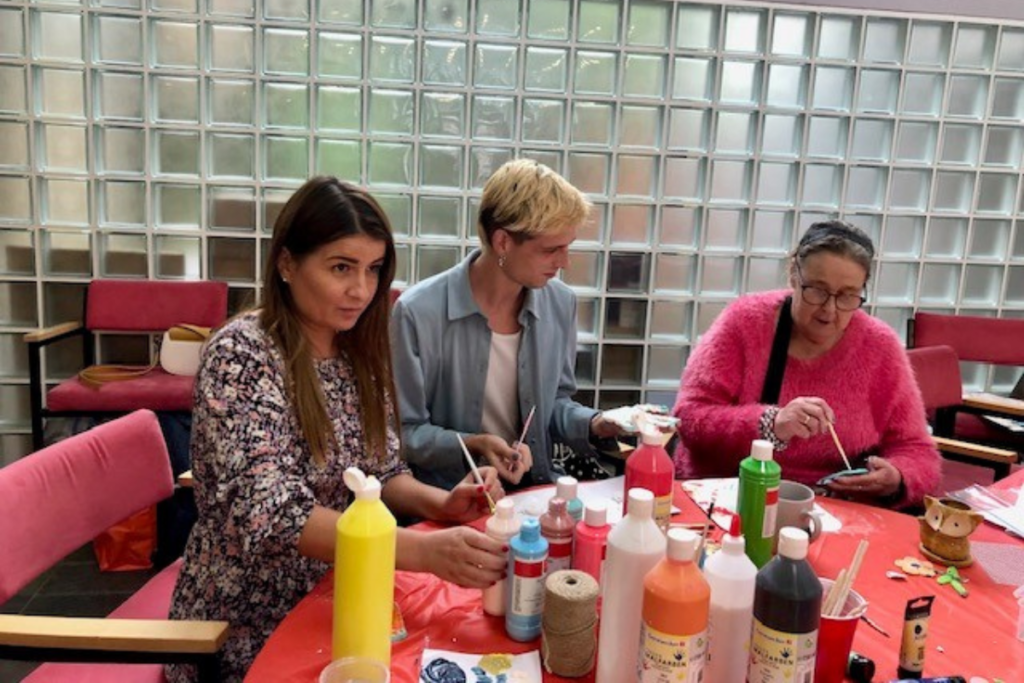
Demographics
As mentioned above, reaching clients is greatly simplified through the Together Better initiative. This means that it is also easier to reach a broad range of demographics. Hackney’s communities are very diverse, and the GP surgeries reflect this. Demographics also vary depending on area, so different surgeries can focus on particular groups more regularly than others.
For example, cultural and religious distinctions in various areas come with certain differences that have real-world implications. GP surgeries are able to approach group structures differently depending on cultural norms. The goal is to make everyone feel comfortable and have a space for themselves. Clients can even request specific kinds of groups, one example being a ‘Muslim women only’ activity group.
The natural diversity and flexibility of the GP surgeries creates inclusive spaces for all, further developing a sense of community.
Demographics & Data
While the demographics that this initiative reaches are undoubtedly broad, proving so has been difficult. Together Better participants have the option to opt out of giving personal data, of which around 50% do.
Lauren and Claire acknowledged this as an area for improvement. Having demographic data available is important to show funders, so that they can continue their excellent work. They explained that they intend to be more open about this fact with clients, hopefully improving the rate at which clients opt in to sharing this data.
Social Prescribing
Where does social prescribing come into this? Mostly, social prescribing link workers refer people to the Together Better programme, but anyone can refer themselves.
Social prescribing is made easier here because it is already integrated into the GP surgeries. The existing relationships streamline the process, and Lauren and Claire acknowledged that building these relationships increases the number of referrals.
Lauren always takes the opportunity to network with the wider social prescribing sector as well. This gives the opportunity to share best practice about what is working in Hackney and increase knowledge of the work.
Conclusion
The Together Better programme is a dynamic, forward-thinking initiative. It takes some core ideas from NHS policy and develops them into a practical offer that is very successful and could be scaled. The funding for this project is soon to expire, but Volunteer Centre Hackney are hopeful for a renewal.
As this project has shown, you do not need to reinvent the wheel in order to find new volunteers or develop social prescribing activities. Existing structures will always remain useful if they are looked at with fresh eyes and an open mind.
***
Check out the Together Better page to find out more.
